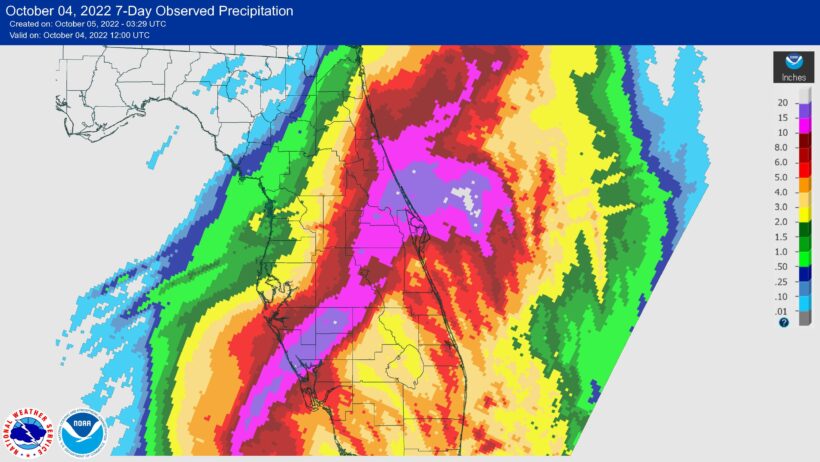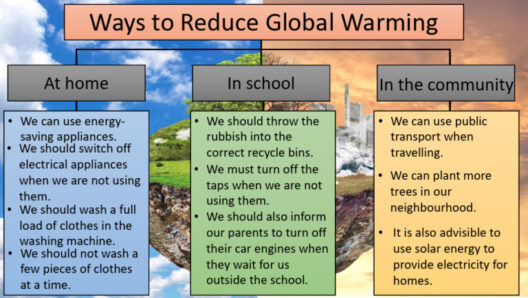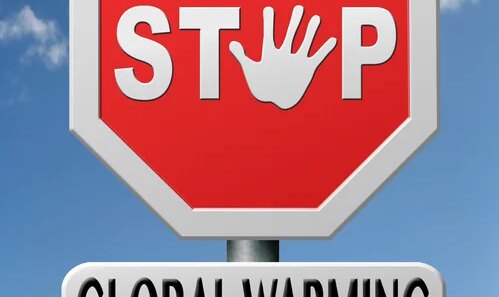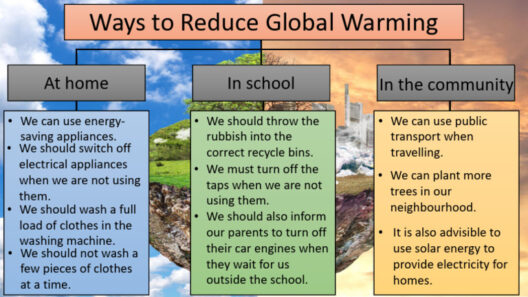Understanding climate change transcends mere observations about rising temperatures or increasingly violent storms. Rather, it necessitates a comprehensive examination of how our actions, often unconsciously, contribute to this planetary crisis. The complexities involved in climate change formulation are deeply interwoven with human behavior, societal norms, and the very fabric of our modern existence. To address climate change effectively, one must dissect not just the observable symptoms but the intricate web of causes that underlie it.
The human fascination with climate change often stems from a collective acknowledgment of its urgency. Indeed, many people are captivated by the stark transformations occurring in our environment—a vanishing Arctic, desertification of fertile lands, and unprecedented weather patterns. However, this focus can sometimes devolve into a binary blaming game, where individuals or specific industries are vilified while the broader systemic issues remain obscured. What must be understood is that climate change is not merely a fault of fossil fuel companies or government policies; it is an intricate consequence of our embedded daily choices, cultural habits, and economic structures.
At its core, climate change is a manifestation of anthropogenic activities that release greenhouse gases (GHGs) into the atmosphere. The utilization of fossil fuels, deforestation, industrial processes, and agricultural practices are chief contributors to this unfortunate progression. These actions lead to elevated levels of carbon dioxide, methane, and other potent GHGs, which entrap heat within the Earth’s atmosphere. Yet, this mechanistic understanding hardly encapsulates the driving forces behind these destructive practices.
Sociologically, our embrace of consumerism plays a paramount role in exacerbating climate change. The capitalist structure incentivizes continuous consumption—an insatiable appetite for goods, services, and convenience. As societies evolve, the desire for the latest gadgets, fashion, and automobiles burgeons. This ubiquitous consumer culture fuels industrial production, leading to elevated extraction of resources, unchecked waste generation, and, ultimately, greater emissions. The irony lies in the fact that while we seek to enhance our quality of life through consumption, we simultaneously undercut the very ecosystems that sustain our existence.
Examining the cultural underpinnings of climate change unveils another layer of our complicity. Many societies have embraced an ideology that prioritizes progress and development, often equating these concepts with technological advancement and economic growth. Within this paradigm, nature often takes a backseat; our relationship with the environment is frequently characterized as one of domination rather than stewardship. This anthropocentric view fosters a disconnect from the natural world, rendering it a mere backdrop for human activity rather than an integral component of our well-being.
Additionally, the global economic system plays a significant role in perpetuating practices that mitigate our environmental responsibilities. Financial markets often prioritize short-term profits over long-term sustainability, creating disincentives for organizations and individuals to undertake greener practices. Investors shun long-term ecological ventures that promise sustainability in favor of industries with quicker and often more substantial returns. In this light, it becomes glaringly evident that the frameworks within which we operate—financial, political, and social—can be just as culpable as any individual behavior.
However, it is imperative to acknowledge that not all players in the story of climate change are equally culpable. The dichotomy of responsibility can be starkly visible when considering global inequities. Wealthy nations, historically, have contributed the lion’s share of GHG emissions while developing countries often bear the brunt of climate change’s adverse effects. This inequity presents a moral quandary—one that beckons a thoughtful approach to both climate justice and effective solutions. The discourse on climate change must pivot from finger-pointing to fostering collaborative efforts toward sustainable solutions that respect the rights and needs of all beings on the planet.
Initiatives aimed at reversing climate change demand a multi-faceted approach, combining policy reform, community engagement, and technological innovation. Governments must enact stringent regulations on emissions, bolstering incentives for renewable energy and penalizing practices linked to environmental degradation. Citizens, too, hold an essential role in driving change; grassroots movements and local initiatives can incite larger systemic shifts. Through conscious consumption and sustainable practices—ranging from supporting local agriculture to utilizing public transportation—individuals can catalyze broader societal transformations.
Furthermore, technological advancements present a dual-edged sword; while they have contributed to the issue, they also harbor potential solutions. Innovations in renewable energy sources, carbon capture technologies, and sustainable agricultural methods can mitigate the adverse impacts of our previous actions. Investment in such pioneering solutions could lead to a transition away from fossil fuels and toward sustainable practices that harmonize with the planet’s ecological limits.
Fostering education and awareness around climate change is equally crucial to engendering a collective response. By comprehensively understanding the complexities of climate science, individuals are better equipped to make informed decisions, hold corporations and governments accountable, and inspire action within their communities. This awareness can serve as a robust antidote to the pervasive apathy that often accompanies the enormity of climate change.
In summation, the journey toward rectifying climate change is not solely about assigning blame but understanding the multifaceted reasons behind our contributions to this global calamity. It is a journey that requires introspection, systemic change, and a commitment to foster an equitable and sustainable world. Understanding our role in fueling climate change is the first step in dismantling the structures that perpetuate this crisis. Only through collective action, informed policies, and a transformative vision for the future can we hope to navigate beyond the blame and toward a more sustainable existence.








